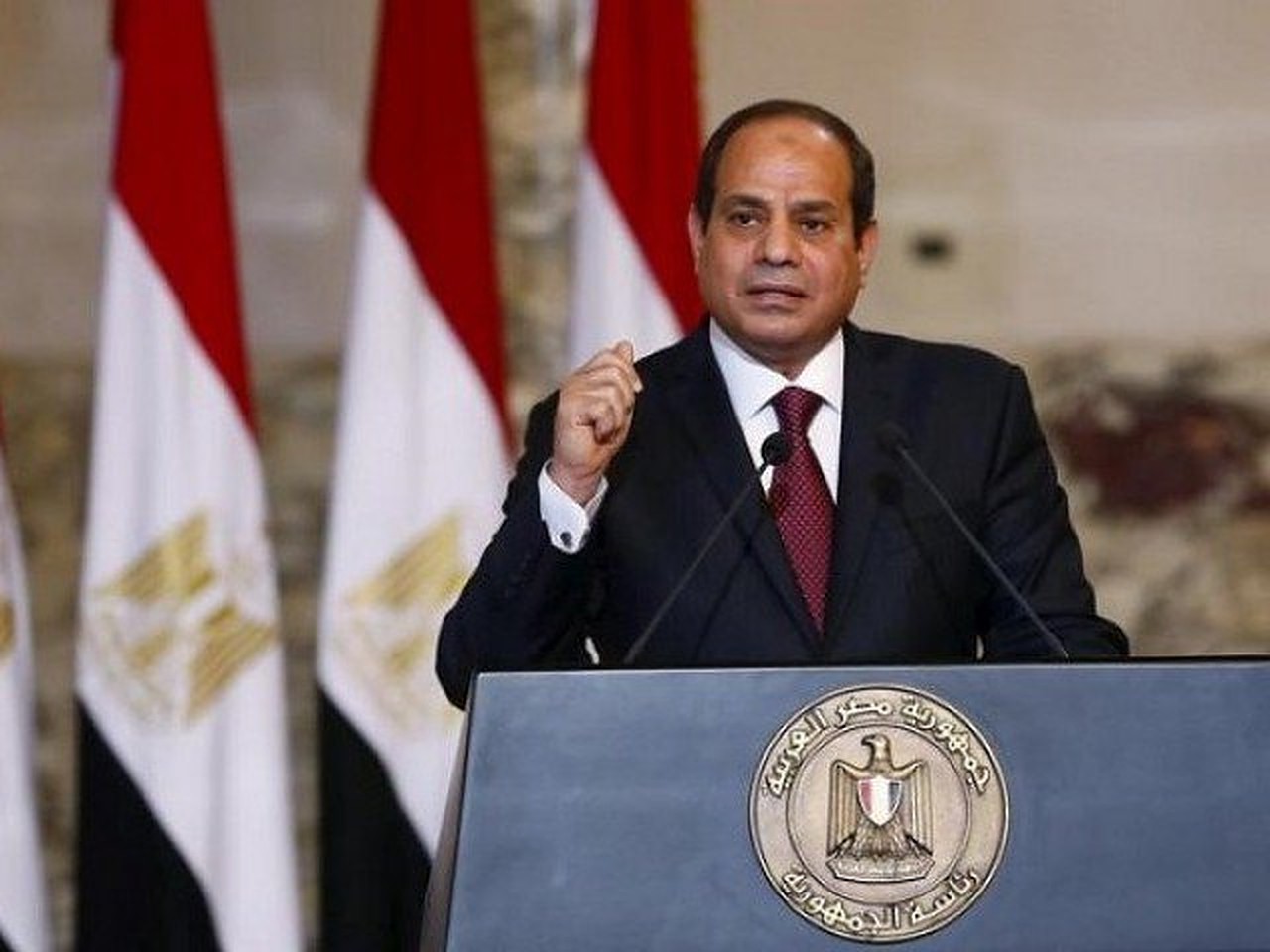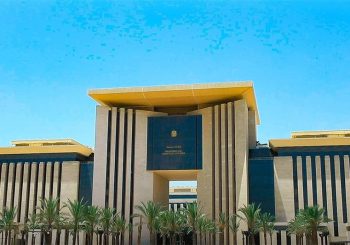
Ibrahim Ashmawi, First Assistant Minister of Supply and Head of the Internal Trade Development Authority, said in a television interview with TV anchor Amr Adib that Egypt is on a path to reform its subsidy system, echoing global sentiments to reform social protection systems to provide more targeted protection to those that are most in need.
As a result of this reform process, Ashmawi noted that there is now a more advanced database with more information and new criteria that determines which are more deserving of social protection programs, such as consumption and land ownership.
For that reason, Ashmawi added that a married couple are considered to be ‘capable’ of being financially independent and are not in need of the state’s support.
Nonetheless, the Minister affirmed that there are still no changes or decisions made regarding the subsidy ration cards and that married couples will continue to receive their ration cards until next year. There are further studies being undertaken regarding the issue, Ashmawi noted, and the scenarios will first be presented to the cabinet and the president.
“These are ministerial decisions, not a law, and so I assure citizens that no final decision has been taken and that it is still under review,” he said.
On Wednesday, President Abdel Fattah El Sisi announced that authorities would not issue subsidized food cards for more than two people within a family, to use the accumulated savings for development projects.
During the inauguration of an industrial complex in Assiut, Sisi noted that there is a “culture among Egyptians that does not exist anywhere else”, which depends on subsidized food commodities for a cheaper price, and relying on the state to provide food for their children.
The president added that the current subsidy system has been the reason behind the country’s development delay in the last decade; he also argued that it was not reasonable for the state to spend on newly married couples instead of carrying out development projects, as these subsidies are better distributed to public goods.
Notably, Egypt’s economy has been focused on various development projects such as the National Roads Project, the Decent Life (Haya Karima) initiative, and the New Administrative Capital.
Egypt’s current Tamween ration cards benefit around 70 million people, while the bread subsidy benefits around 83 million people, which makes up around 60 percent of the population. The food cards grant their holders access to staples such as sugar, rice, pasta, bread and cooking oil at discounted prices.
In August, for the first time in decades, President Sisi announced that it was time to increase the price of the country’s subsidised bread, which has never been considered since 1977 when the bread riots took place after ex-President Anwar Sadat imposed a price rise.







Comments (0)